“The economic crisis reminds us that it is essential for people to be healthy, educated, adequately housed and well fed to be more productive and better able to contribute to society,” said Jomo Kwame Sundaram, DESA’s Assistant Secretary-General for Economic Development. “Social policy should be an integral part of economic policy.”
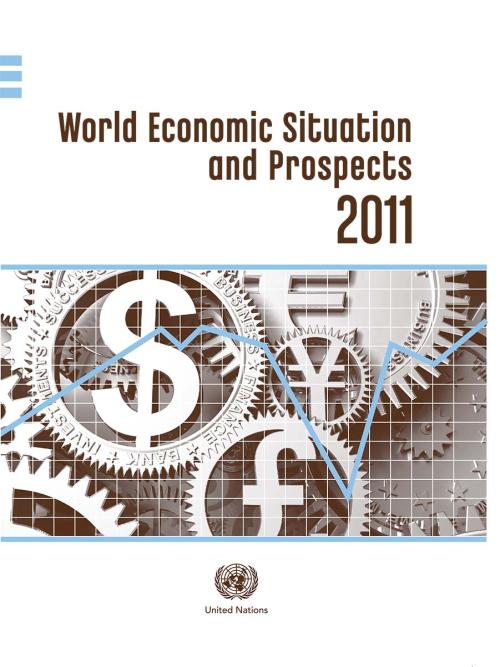
The recovery of the global economy continues, with strong output growth in developing countries and a weaker economic performance in developed countries. Higher energy and food prices have created upward pressure on inflation rates, underpinning the tightening of monetary policy, especially in many developing countries. Employment trends have been improving, but major challenges such as rising long-term unemployment and high youth unemployment in a number of economies remain. World trade of goods and services expanded stronger than expected last year, marking a strong rebound from the severe contraction in 2009 with developing countries, particularly Asian economies with large shares in…

The 2010 Revision of the World Population Prospects is the twenty-second round of global demographic estimates and projections undertaken by the Population Division of DESA. The world population prospects are used widely throughout the UN and by many international organizations, research centers, academic researchers and the media. This new revision was released on 3 May and key findings and projections were presented at a press conference in New York by Hania Zlotnik, Director of DESA’s Population Division. The next revision is due in the first part of 2013.
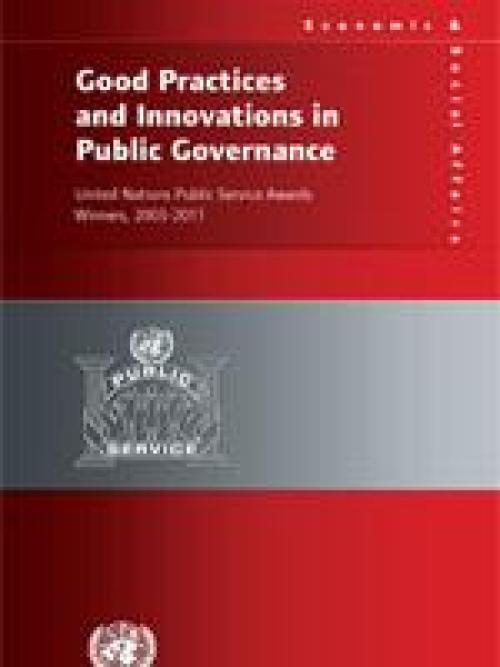
This publication provides an overview of 145 successful innovations in governance and public administration from 50 countries that received the United Nations Public Service Awards, which is the most prestigious international recognition of excellence in public service.
The purpose of the series is to disseminate, through descriptive case studies, information about innovative practices by:
(i) looking at the problem that led to an innovation;
(ii) the solution that was designed and implemented to respond to the specific challenge;
(iii) the actors and steps involved in the innovation process, and
(iv) lessons learned. Learning more about how public…
The perceptions of the role of women and men in families have changed over the past few decades. Men are no longer perceived as the economic providers to families. The role of men in the family has undergone many “diverse demographic, socio-economic and cultural transformations” impacting the formation, stability and overall well-being of families. In light of this development, DESA’s Division for Social Policy and Development (DSPD) launched a new publication on “Men in Families and Family Policy in a Changing World” on 17 February focusing on the shifting roles and views of men in families.
The publication predicts weaker global growth in 2011 and 2012 as the recovery has lost momentum since the middle of 2010. World gross product is forecast to expand by 3.1 per cent in 2011 and 3.5 per cent in 2012, following estimated growth of 3.6 per cent in 2010. The report emphasizes that the outlook remains uncertain, surrounded by serious downside risks. It further indicates that, in the short run, more fiscal stimulus will be needed to reinvigorate the global recovery, but that it will need to be better coordinated with monetary policies and reoriented to provide stronger support to employment generation.
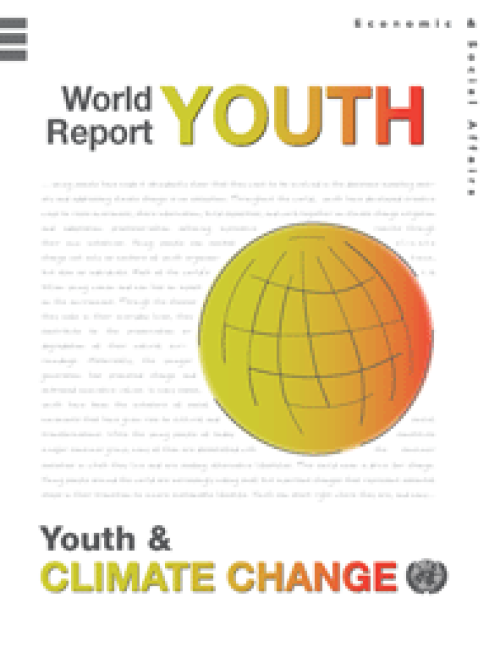
The World Youth Report focus on youth and climate change, and is intended to highlight the important role young people play in addressing climate change, and to offer suggestions on how young people might be more effectively integrated as individuals and collective agents of change within the realm of climate change adaptation and mitigation. The Report is designated to assist youth and youth organizations in educating themselves and to become more actively involved in combating the threat of climate change. It is also meant to affirm the status of young people as key stakeholders in the fight against climate change. The publication comes at a time when efforts to address climate change…
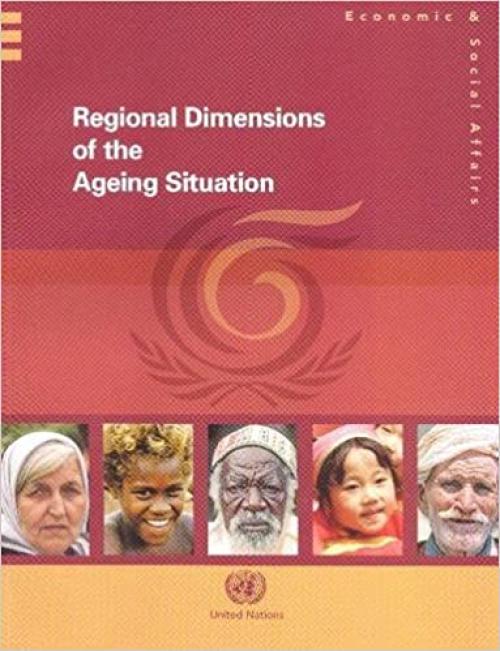
This Publication contributes to the series of events, conferences and publications related to the first review and appraisal of the Madrid International Plan of Action on Ageing. It highlights priorities, as well as recent trends and policy developments, in the five UN regions of the world.
The publication, which is a joint effort of UN staff and international experts, aims to assist national governments, the international community and the public at large to better assess the situation of older persons five years after the Second World Assembly on Ageing. It should better inform the debate on how to align priorities, policy innovations and technical cooperation to implement the…
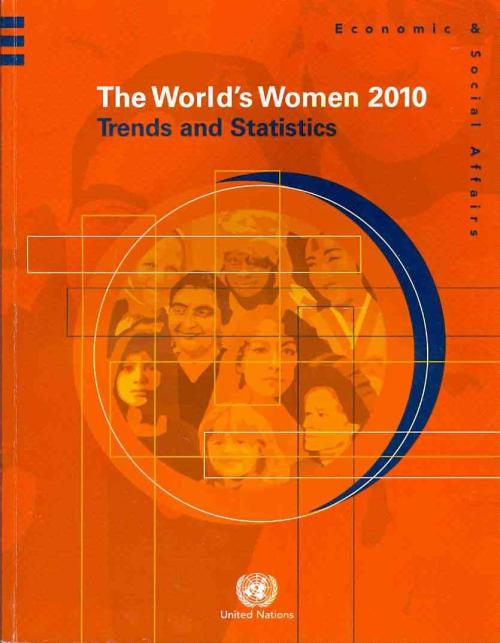
The publication presents statistics and analysis on the status of women and men in the world, highlighting the current situation and changes over time. It was prepared to coincide with and in observance of the first-ever World Statistics Day, 20.10.2010. The report is the fifth in the series which has been published every five years, as called for in the Beijing Platform for Action adopted at the Fourth World Conference on Women in 1995. As in the past editions, the presentation is made in a format and language that non-specialists can readily understand.
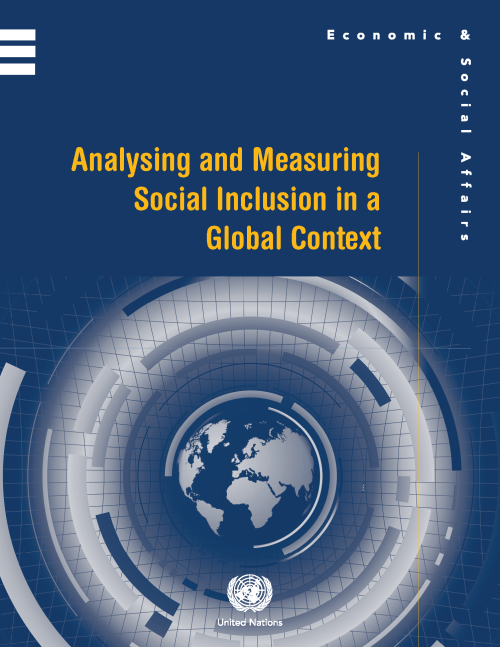
The objective of the study is to serve as a guiding framework for policymakers, researchers and practitioners interested in developing practical tools for evidence-based policymaking, impact assessment, monitoring and evaluation in the area of social inclusion. It provides guidance on how to develop tools, taking into consideration the historical, cultural and contextual backgrounds of one’s own society.
The study also builds on the work on social indicators that has already been undertaken by many people at local, national, regional and international levels. It is hoped that the study will help to inspire new ideas and to generate innovative…
In the 2010 MDG Gap Task Force Report, UN warns that the shortfalls in meeting agreed actions on combating poverty and raising life standards are jeopardizing the achievement of the Millennium Development Goals (MDGs)...
Issued in support of the five-year review of the Mauritius Strategy of Implementation for the sustainable development of SIDS, the report highlights the vulnerabilities of SIDS and recent trends in their sustainable development. The key areas covered by the report are climate change, disaster management, trade and finance, tourism and energy. It also covers energy, natural resources and social development. In addition, the report provides a visual summary of progress made by SIDS in attaining the Millennium Development Goals (MDGs), based on analysis performed by UNDP and ESCAP.
 Welcome to the United Nations
Welcome to the United Nations